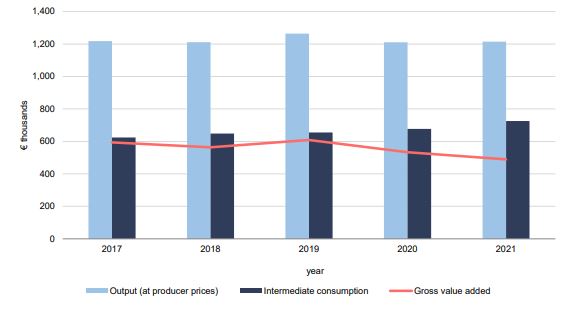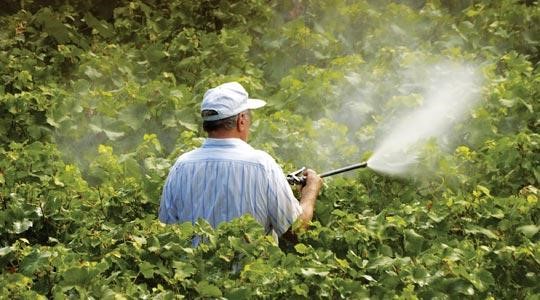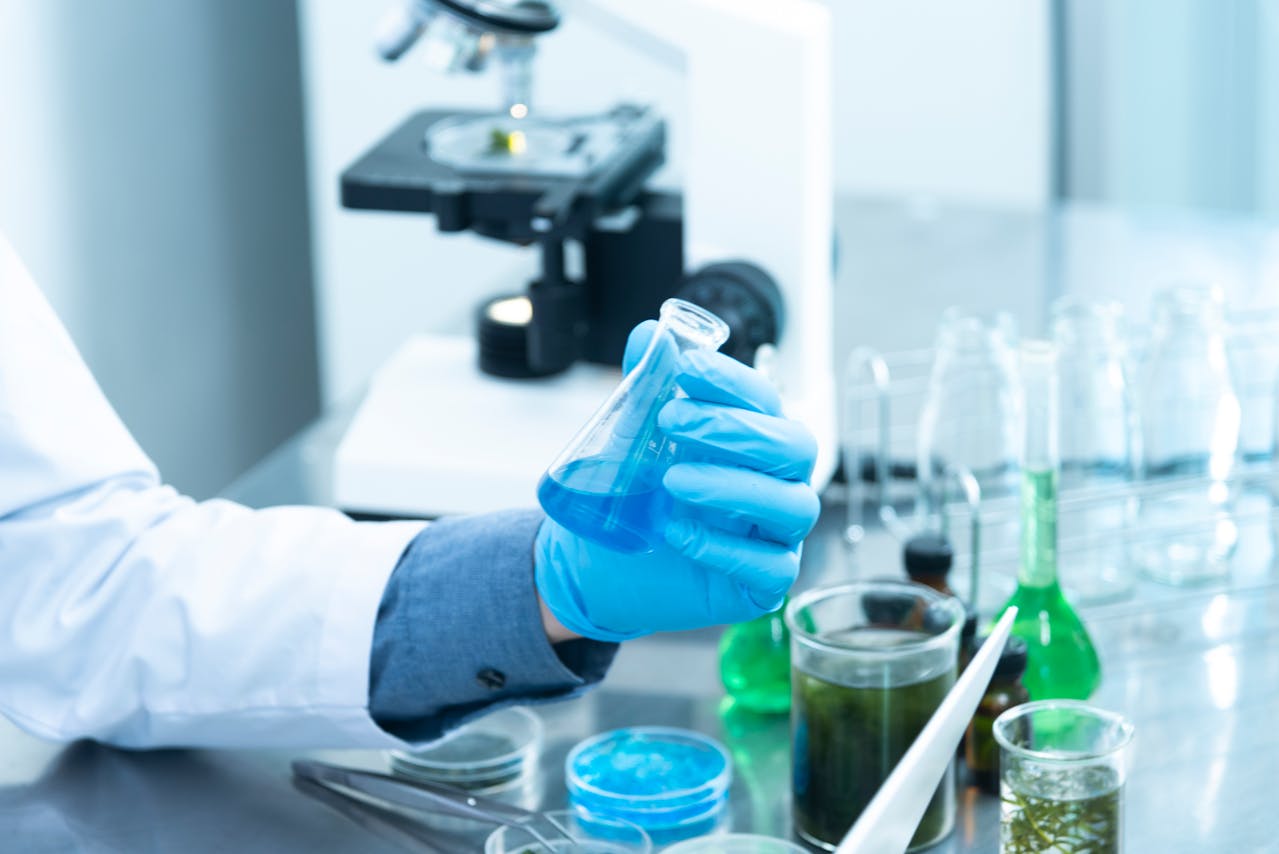The increasing cost of materials essential for agricultural production ate into the sector’s total value added in 2021, as output failed to rise in line with the price of inputs.
Last year, according to a new release issued by the National Statistics Office, the total agricultural output increased by 0.3 per cent, but intermediate consumption increased by of 7.2 per cent, leading to a drop in the corresponding gross value added fell by 8.3 per cent.
Wages also increased by 3.7 per cent to a total of €5.4 million.
Financial assistance received by the sector decreased by 4.8 per cent from the previous year. In total, support coming through EU-funded programmes and pandemic-related Government assistance amounted to €28.1 million.
The net operating surplus of the sector declined by eight per cent, to €64.7 million. When considering the negative net property income of €1 million recorded by the same holdings during 2021, the resulting net entrepreneurial income attributable to this sector decreased by eight per cent to €63.7 million.

Intermediate consumption, which adds up the specific expenses recorded by the sector, registered increases in livestock feeding stuffs, crop cultivation costs and various other expenses of 13.4, 4.7 and 2.4 per cent respectively. These were, however, partially offset by a decline in the energy and fuel costs of 2.7 per cent.

In total, the agricultural sector’s value added has shrunk by just under 20 per cent since 2019, as lower outputs and higher costs take their toll on the struggling sector.
In fact, subsidies make up 43 per cent of the sector’s operating surplus.
Featured Image:
Malta’s R&D spend stays level at 0.6% of GDP
Total expenditure of research and development amounted to €121 million in 2023, an increase of €16.1 million
Most Maltese scam victims don’t know about dispute resolution service, study finds
In this day and age ignorance costs, as scammers are getting increasingly clever
Extreme heat set to leave 2.5% dent in Malta’s GDP by mid-century
The country is set to see GDP impacts from extreme heat






